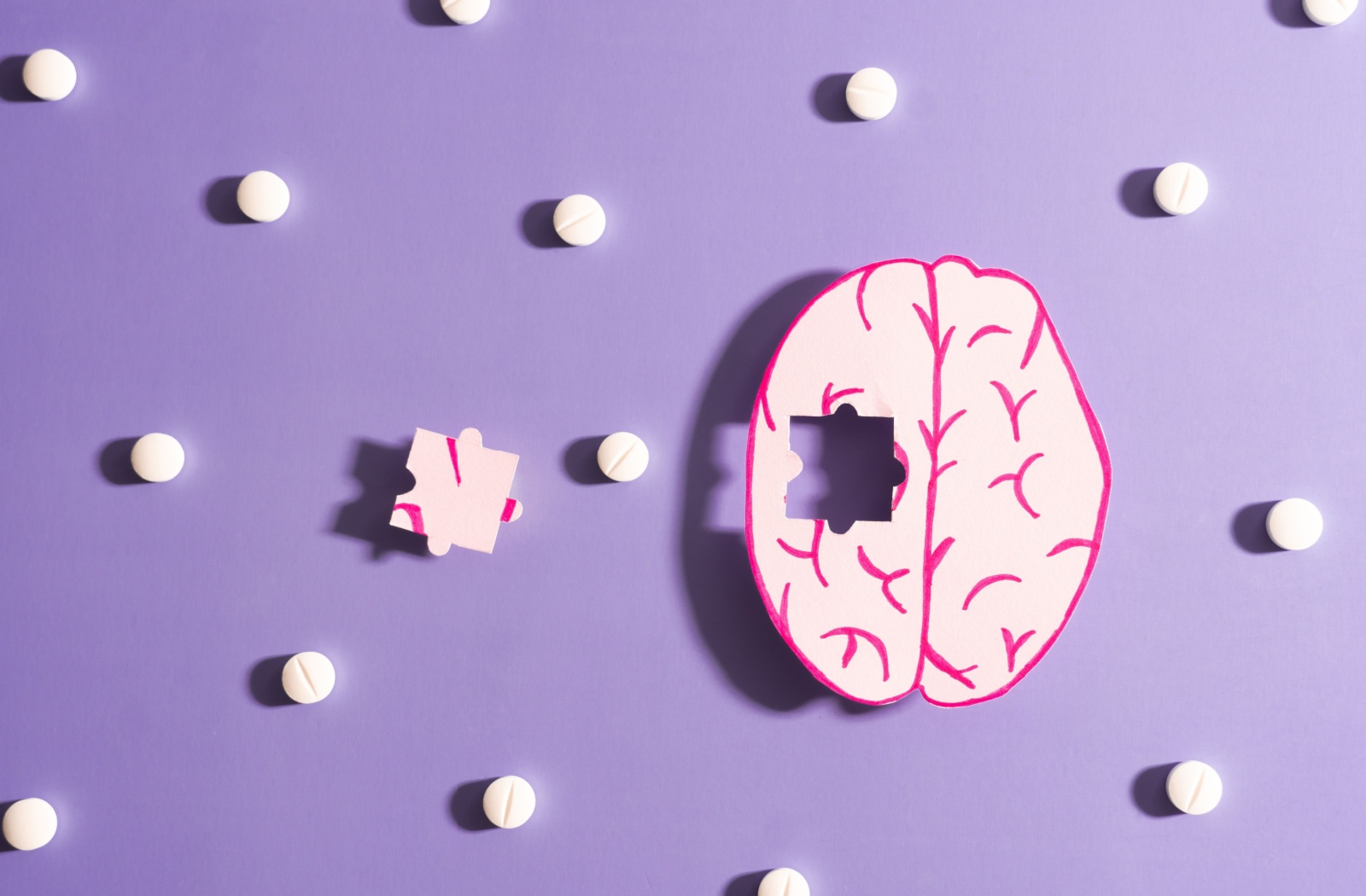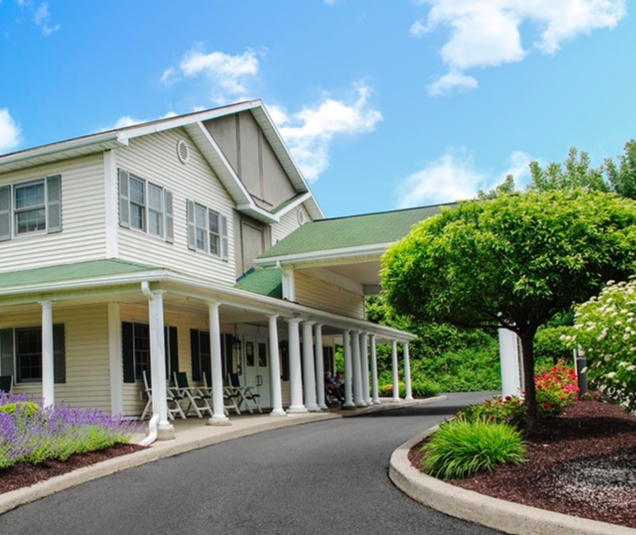As our loved ones grow older, it’s natural for us to notice changes in their memory and cognitive abilities. Understanding the difference between typical age-related changes and the onset of dementia can help you provide appropriate care and make informed decisions about their well-being.
In this guide, we’ll look at how to distinguish between dementia and the normal aging process, with the aim of providing clarity about these challenges for both family caregivers and seniors.
Understanding Normal Aging
Before we begin to differentiate these processes, it’s important to recognize what normal aging looks like. As we age, it’s typical to experience:
- Slower thought processes: Reaction times and the ability to process new information may slow down.
- Mild forgetfulness: Occasionally forgetting names or appointments but remembering them later is common.
- Decreased multitasking ability: Handling multiple tasks simultaneously may become more challenging.
- Word-finding difficulties: Struggling to find the right words can happen, but the context and meaning are usually conveyed.
These changes are generally manageable and do not significantly impact daily life. They’re part of the brain’s natural aging process and don’t interfere with independence.
What Is Dementia?
Dementia is a broad term that describes a group of conditions that affect memory, thinking, and social abilities severely enough to interfere with daily functioning. Dementia isn’t a specific disease, but rather a syndrome often associated with conditions like Alzheimer’s disease, vascular dementia, and Lewy body dementia.
Key Characteristics of Dementia
The various conditions that make up dementia share a number of key characteristics. These include:
- Memory loss that disrupts daily life and isn’t easily explained away as typical forgetfulness.
- Difficulty with planning or problem-solving, such as managing finances or following a recipe.
- Challenges with completing familiar tasks at home or work.
- Confusion with time or place, like getting lost in familiar settings.
- Trouble understanding visual images and spatial relationships.
- Problems correctly using words in speaking or writing.
- Misplacing things and losing the ability to retrace one’s steps.
- Changes in mood and personality, such as becoming confused, suspicious, or anxious.
Signs of Dementia
1. Persistent Memory Loss
While occasional forgetfulness is typical with aging, persistent memory problems are a hallmark of dementia. This includes frequently forgetting recent events, repeating the same questions, or relying heavily on memory aids like notes or reminders.
2. Difficulty Performing Familiar Tasks
Normal aging can lead to needing more time to complete tasks, but dementia might cause someone to forget how to perform everyday activities, like cooking a meal or using household appliances.
3. Language Problems
Everyone can struggle to find the right word at times, but those with dementia often have trouble following or joining conversations. They might stop in the middle of a conversation and have no idea how to continue, or they may repeat themselves.
4. Disorientation
Occasionally feeling confused about the day of the week is normal, but dementia can cause people to lose track of dates, seasons, and the passage of time. They might also get lost in familiar places.
5. Poor Judgment
Making a bad decision once in a while is normal, but dementia might result in consistent poor judgment, such as giving away large sums of money to telemarketers or neglecting personal hygiene.
6. Mood and Personality Changes
Everyone can become set in their ways as they age, but dementia can cause noticeable changes in mood and personality, including increased confusion, suspicion, depression, fear, or anxiety.

The Importance of Early Detection
Recognizing the signs of dementia early can make a significant difference in the quality of life for those affected. Early detection allows for:
- Better management and treatment of symptoms.
- Planning for the future, including legal and financial matters.
- Access to support services for both patients and caregivers.
- Opportunities to participate in clinical trials and contribute to research.
Seeking Professional Evaluation
If you notice any of the above warning signs in a loved one, it’s crucial to seek a professional evaluation. A healthcare provider will conduct a thorough assessment, which may include:
- Medical history and physical examination to rule out other causes.
- Cognitive and neuropsychological tests to assess memory, problem-solving, attention, and language.
- Imaging tests to check for strokes, tumors, or other issues.
- Blood tests to rule out vitamin deficiencies or infections.
Early diagnosis can lead to better outcomes and help family caregivers plan for the future.
Supporting Your Loved One
If it ends up being the case that your loved one is living with dementia, it’s important to help them cope with this challenge. Consider taking the following basic steps:
- Educate yourself about dementia and its progression.
- Be patient and understanding; remember that their behavior is part of the condition.
- Create a safe environment to prevent accidents and promote independence.
- Encourage social interaction to maintain their engagement and reduce isolation.
- Seek support from community resources, support groups, or professional home care services.
Considering Memory Care?
Understanding the difference between dementia and normal aging is essential for providing effective care and making informed decisions.
By recognizing the signs early, seeking professional evaluation, and offering compassionate support, you can help your loved one maintain their quality of life. If you’re concerned about memory or cognitive changes, consider reaching out to Peregrine Senior Living at Shaker in various locations in New York for guidance and support.












No more posts